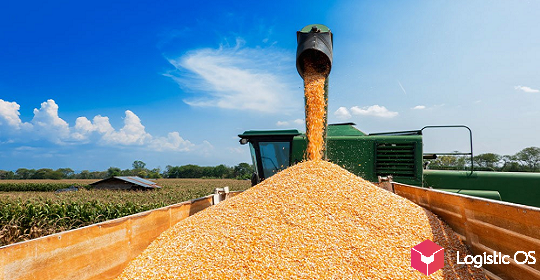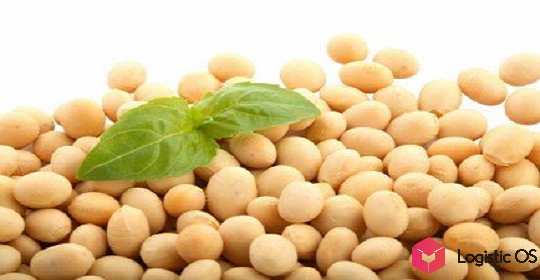OZK (United Grain Company) is going to invest in the development of vegetable oil exports.
The reason may be its growing price.
The head of the Ministry of Agriculture of the Russian Federation Dmitry Patrushev said recently that it is fat and oil products that are currently ranked first in terms of their growth rate, including the growth of prices. Perhaps this is what attracted grain producers and exporters, which are part of the UGC, to the fat and oil industry.
Who is currently exporting butter?
These are mainly manufacturing plants.
For example, Aston Holding annually sends abroad over 330 thousand tons of oil, occupying about a tenth of the Russian market (for the 2019-2020 season, Russia sold 3.5 million tons of oil for export).
The main buying countries are China, Turkey, Iran and Egypt.
How is UGC going to enter this market?
According to experts, this will not be easy, since the manufacturing plants are absolutely not interested in giving someone a part of their profits.
Nevertheless, OZK has already indicated the export of vegetable oil and products based on it in the list of its new business areas for the next 5 years.
At the moment, this idea must be approved or rejected by the state. After all, OZK is a state-owned company (50% + 1 share is directly owned by the Russian Federation).
Market capture or collaboration?
The director of SovEkon, Andrey Sizov, believes that in the case of OZK, it is more likely not about competing with oil producers without being its producer — this is almost impossible.
However, UGC can invest, for example, in infrastructure, by building an oil transshipment terminal or other facilities that could increase the volume of oil shipped for export or reduce costs.

In this case, the company could well count on a percentage of the profits generated by the sales.
At the same time, it is unlikely that UGC will independently build such facilities. It will be much easier for her to merge with one of the companies in the oil processing industry.
And this will not be the first example of such a strategy.
Back in 2013, OZK signed an agreement on the construction of a terminal for the storage and transshipment of vegetable oils in cooperation with the Novorossiysk Commercial Sea Port. It was about the construction of a complex in the port, capable of handling up to 2 million tons of oil per year.
True, at the moment the construction of the terminal is not only not completed, but has not even started. It is not excluded that OZK, as part of its new business line, will start with the implementation of this long-standing project.

